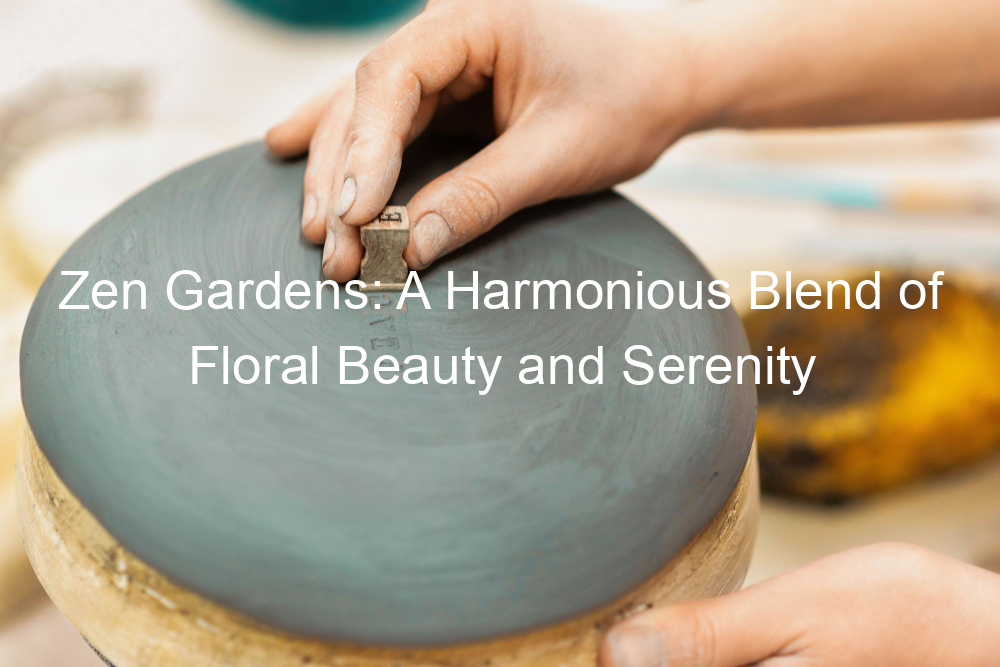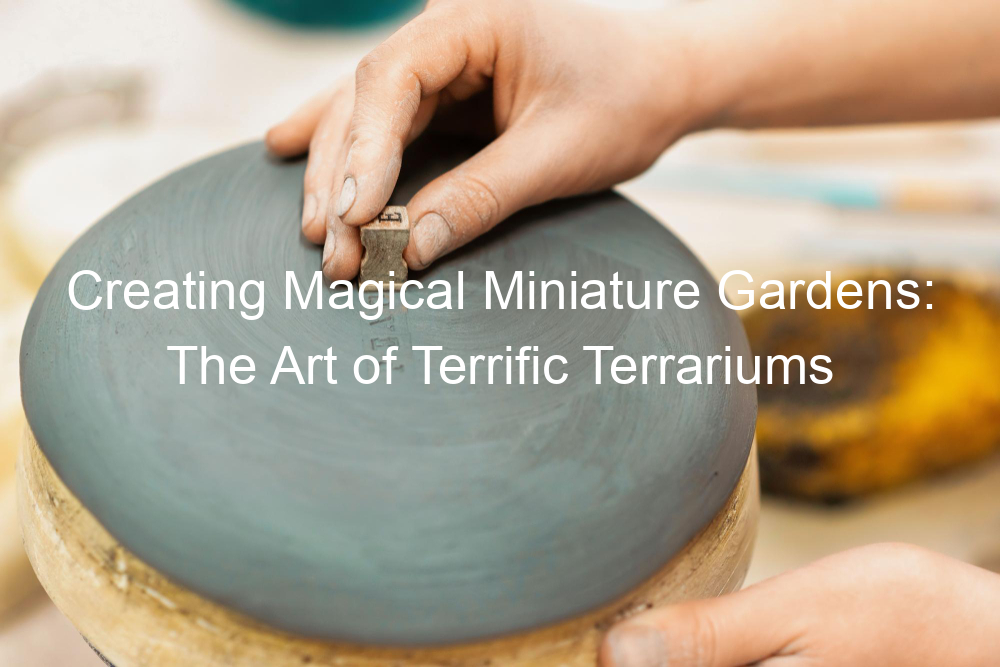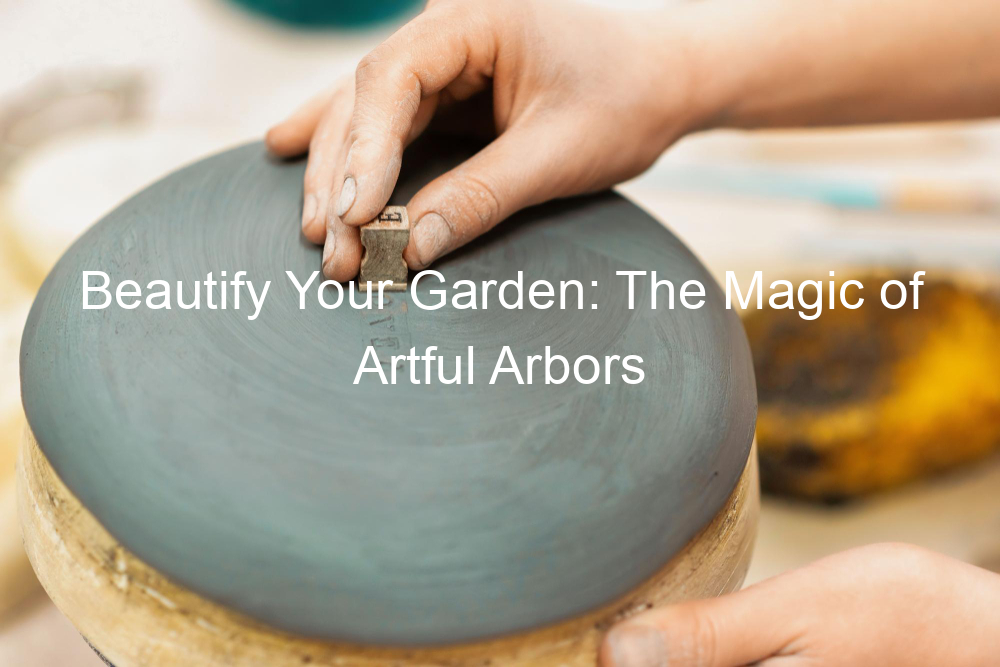Introduction to Zen Gardens
Welcome to the serene world of Zen Gardens. Moreover we will explore what Zen Gardens are, their origins, and the symbolism they carry. Let’s embark on this journey of tranquility and peace.
-
Definition of Zen Gardens
A Zen Garden, also known as a Japanese Rock Garden, is a type of garden designed to foster meditation and contemplation. It is characterized by its simplicity and minimalism, often featuring elements such as rocks, gravel, and sand, arranged in a way to mimic the essence of nature. The purpose of a Zen Garden is to inspire peaceful thoughts and to provide a space for quiet reflection.
-
Origins and History of Zen Gardens
Zen Gardens originated in Japan during the Heian period (794-1185 AD). They were initially found in Zen temples and were used by monks for meditation. The concept of Zen Gardens was influenced by the Chinese philosophy of Taoism, which emphasizes harmony with nature. Over time, Zen Gardens have evolved and have been adopted in various forms around the world, but their essence of promoting peace and tranquility remains the same.
-
The Symbolism of Zen Gardens
Every element in a Zen Garden carries a symbolic meaning. The rocks often represent mountains or islands, while the sand or gravel symbolizes water or sea. When raked in a certain way, the gravel can depict the ripples in water. The absence of water elements signifies the Buddhist concept of ‘satori’ or enlightenment, which is a state beyond the physical and material world. The minimalistic design of Zen Gardens is a reminder of the simplicity and impermanence of life.
With this understanding of Zen Gardens, let’s delve deeper into the specific elements of Japanese Zen Gardens in the next section.
Japanese Zen Gardens
Japanese Zen Gardens, also known as karesansui, are a unique form of landscape art. They are designed to inspire tranquility and contemplation. Let’s dig deeper into the aesthetics of these gardens and understand their unique features.
Understanding the Aesthetics of Japanese Zen Gardens
The aesthetics of Japanese Zen Gardens are deeply rooted in the principles of Zen Buddhism. They are designed to stimulate meditation and inspire peace and tranquility. Two key concepts that play a significant role in the design of these gardens are Wabi-Sabi and asymmetry.
-
- Concept of Wabi-Sabi in Zen Gardens
Wabi-Sabi is a Japanese philosophy that embraces the beauty of imperfection. In Zen Gardens, this concept is reflected in the arrangement of rocks, plants, and water elements. The gardens are designed to look natural and unpolished, symbolizing the impermanence and imperfections of life.
-
- Role of Asymmetry in Zen Garden Design
Asymmetry, or the lack of perfect symmetry, is another key principle in Zen Garden design. It is believed that asymmetry brings a sense of balance and harmony. In Zen Gardens, you will often find uneven numbers of rocks or plants, and irregular shapes and patterns. This intentional imbalance creates a natural and harmonious look, encouraging the viewer to engage in deeper contemplation.
To sum up, the aesthetics of Japanese Zen Gardens are a reflection of key Zen principles. The concept of Wabi-Sabi and the role of asymmetry in the design contribute to the garden’s ability to inspire peace, tranquility, and contemplation.
| Key Concepts in Zen Garden Design |
|---|
| Wabi-Sabi: Embracing the beauty of imperfection |
| Asymmetry: Creating balance and harmony through intentional imbalance |
Zen Garden Elements
Creating a Zen garden is an art that requires careful planning and thoughtful selection of elements. The elements chosen for a Zen garden are not just for aesthetic appeal, but they also carry deep symbolic meanings. Let’s explore the key elements in Zen garden design.
Key Elements in Zen Garden Design
There are three primary elements that are essential to any Zen garden: stones and gravel, water features, and plants and flowers. Each of these elements plays a unique role in creating a serene and peaceful environment.
-
- Stones and Gravel
Stones and gravel are the backbone of a Zen garden. They represent the mountains and rivers, providing a sense of stability and permanence. The stones are carefully chosen for their shape, color, and texture, and are often arranged in groups to represent natural landscapes. Gravel, on the other hand, is raked into patterns that represent the ripples in water, symbolizing the flow of life.
-
- Water Features
Water features are another key element in a Zen garden. They symbolize purity and the flow of life. This can be a pond, a waterfall, or even a simple basin for washing hands. The sound of water adds to the tranquility of the garden, providing a soothing backdrop for meditation.
-
- Plants and Flowers
Plants and flowers bring life and color to a Zen garden. They are carefully chosen for their seasonal beauty and symbolic meanings. For example, the cherry blossom tree represents the fleeting nature of life, while the bamboo symbolizes strength and resilience. The plants and flowers are arranged in a way that complements the stones and water features, creating a harmonious blend of elements.
To sum up, a Zen garden is more than just a beautiful landscape. It is a place for meditation and reflection, where every element has a purpose and a meaning. By understanding these elements, you can create your own Zen garden that not only looks beautiful, but also brings peace and serenity to your life.
Flower Arrangement in Zen Gardens
Flower arrangement is a crucial aspect of Zen gardens. It is not just about placing flowers randomly, but about creating a harmonious blend that promotes balance and serenity. Let’s delve into how you can achieve this.
Creating Balance and Serenity with Flowers
Flowers are more than just decorative elements in a Zen garden. They are tools that can help you create a sense of balance and serenity. Here’s how:
-
- Choosing the Right Flowers for Your Zen Garden
Choosing the right flowers for your Zen garden is the first step towards creating balance and serenity. Not all flowers are suitable for a Zen garden. You need to select flowers that complement the other elements of the garden and contribute to the overall sense of tranquility. For instance, the Lotus, with its serene beauty and symbolism of purity, is a popular choice for Zen gardens. Similarly, the Azalea, with its vibrant colors and lush foliage, adds a touch of elegance and tranquility.
-
- Arranging Flowers for Optimal Beauty and Balance
Once you have chosen the right flowers, the next step is to arrange them in a way that enhances their beauty and contributes to the balance of the garden. The arrangement should not be too crowded or too sparse. Instead, it should be just right, with each flower having its own space to bloom and grow. The flowers should be arranged in a way that they guide the viewer’s eye through the garden, creating a sense of movement and flow. This can be achieved by arranging the flowers in clusters or in a flowing, organic pattern.
To sum up, flower arrangement in Zen gardens is an art that requires careful thought and planning. It is about creating a harmonious blend of beauty and tranquility that enhances the overall experience of the garden. So, the next time you plan to add flowers to your Zen garden, remember these tips and create a garden that is not just beautiful, but also serene and balanced.
Zen Garden Landscaping
Landscaping a Zen garden is a unique and rewarding experience. It’s not just about creating a beautiful space, but also about designing an area that promotes peace and tranquility. Let’s explore some practical ideas you can use to transform your backyard into a Zen oasis.
Practical Zen Garden Ideas for Your Backyard
Creating a Zen garden in your backyard doesn’t have to be a daunting task. Here are two practical ideas to get you started:
-
- Creating a Miniature Zen Garden
Miniature Zen gardens are a great way to start your Zen landscaping journey. They are easy to create and maintain, and they can fit into any space, no matter how small. Here’s a simple way to create your own:
-
-
- Choose a shallow container and fill it with sand.
- Use a small rake or a fork to create patterns in the sand. This is a meditative practice in Zen gardens.
- Add small stones or pebbles. In Zen gardens, these often represent islands or mountains.
- You can also add small plants or moss for a touch of green.
-
Keep in mind, the goal is to create a space that helps you feel calm and peaceful. So, feel free to arrange and rearrange until you find what works best for you.
-
- Integrating a Zen Garden into an Existing Landscape
If you already have a landscaped backyard, you can still integrate a Zen garden into it. Here are some tips:
-
-
- Choose a quiet corner of your backyard for your Zen garden. It should be a place where you can sit and meditate without distractions.
- Use natural materials like stones, gravel, and sand. These are traditional elements in Zen gardens.
- Add a water feature like a small pond or a fountain. The sound of water can be very soothing.
- Plant some low-maintenance plants like moss or succulents. They add a touch of nature without requiring a lot of care.
-
Integrating a Zen garden into your existing landscape can be a fun and rewarding project. It not only enhances the beauty of your backyard but also creates a space for relaxation and meditation.
To sum up, Zen garden landscaping is about creating a space that promotes peace and tranquility. Whether you’re creating a miniature Zen garden or integrating one into your existing landscape, remember to make it a space that brings you joy and serenity.
Serenity in Zen Gardens
There is a unique tranquility that one can find in Zen gardens. This tranquility is not just a product of the beautiful elements found in the garden, but also the serenity that it promotes. Let’s delve into how Zen gardens promote peace and tranquility.
How Zen Gardens Promote Peace and Tranquility
Zen gardens, with their carefully arranged rocks, plants, and water features, are designed to promote a sense of peace and tranquility. They are a place where one can find calm and serenity amidst the hustle and bustle of daily life.
-
- The Role of Meditation in Zen Gardens
Meditation plays a crucial role in achieving the serenity that Zen gardens offer. These gardens are often used as a place for meditation. The peaceful and quiet atmosphere of the garden helps to clear the mind, allowing one to focus on their breathing and thoughts. This practice of meditation can lead to a state of deep relaxation and inner peace.
-
- Benefits of Having a Zen Garden
Having a Zen garden has many benefits. Not only does it provide a beautiful and serene environment, but it also promotes mental and emotional well-being. Spending time in a Zen garden can help reduce stress, improve focus, and promote a sense of balance and harmony. It’s like having a personal sanctuary where you can escape from the world and find peace.
To sum up, the serenity found in Zen gardens is not just about the physical beauty of the garden. It’s about the peace and tranquility that it promotes through meditation and the many benefits it brings to one’s mental and emotional well-being.
Conclusion: The Harmonious Blend of Floral Beauty and Serenity in Zen Gardens
In this journey through the tranquil world of Zen gardens, we have explored their rich history, unique elements, and the profound sense of serenity they inspire. We have also delved into the art of flower arrangement within these gardens, and how it contributes to their overall aesthetic and calming effect. Now, let’s summarize our key takeaways and share some final thoughts.
-
- Summary of Key Takeaways
Zen gardens, originating from Japan, are a unique blend of nature and philosophy, designed to inspire tranquility and contemplation. The main elements of these gardens include rocks, water features, and plants, each symbolizing different aspects of nature and life. The art of flower arrangement, known as Ikebana, plays a crucial role in enhancing the beauty and serenity of these gardens. Landscaping in Zen gardens is a meticulous process, often reflecting miniature landscapes to promote meditation and mindfulness.
-
- Final Thoughts on Zen Gardens
Zen gardens are more than just beautiful spaces; they are a testament to the harmonious coexistence of nature and human creativity. They serve as a peaceful sanctuary, a place for reflection and relaxation. The blend of floral beauty and serenity in these gardens is a soothing balm for the soul, offering a respite from the hustle and bustle of daily life. Whether you are a gardening enthusiast or a seeker of peace, the world of Zen gardens has something to offer for everyone.
As we conclude, remember that the essence of a Zen garden lies not just in its physical elements but also in the emotions and tranquility it evokes. It is a journey of exploration, both of the external world and the inner self. So, the next time you step into a Zen garden, take a moment to appreciate the harmonious blend of floral beauty and serenity, and let it inspire peace and mindfulness within you.





